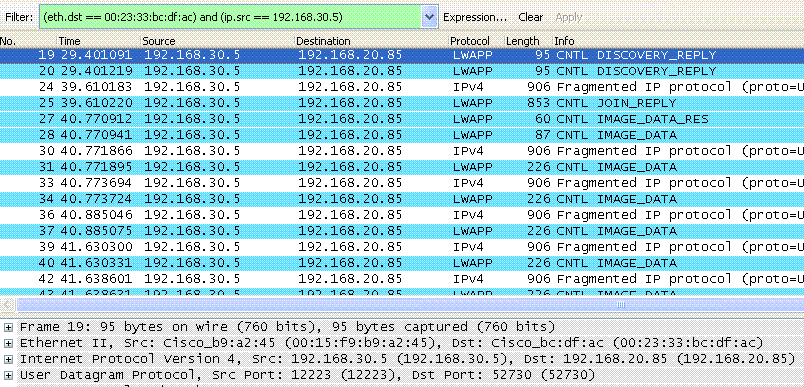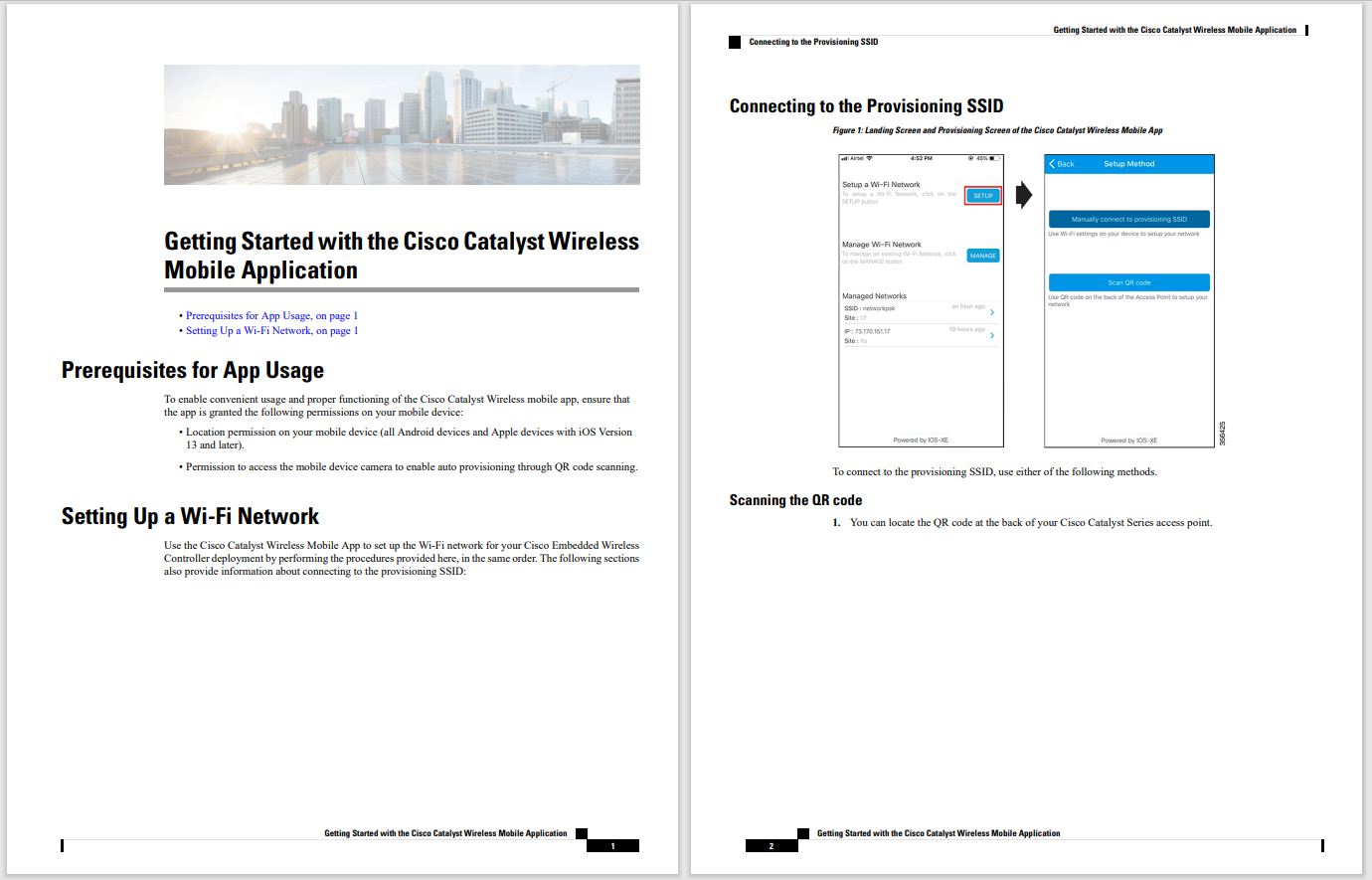































 Photo by Jakub Porzycki/NurPhoto via Getty Images
Photo by Jakub Porzycki/NurPhoto via Getty Images In this article, we're going to take a quick look at a ChatGPT-style AI chatbot from a company improbably called Hugging Face. I couldn't look at the product seriously until I got past the name, so I asked its chatbot HuggingChat, "Why is your company called Hugging Face?"
Also: This new AI system can read minds accurately about half the time
Here's what the AI told me:
The name "Hugging Face" comes from our goal to build AI models that can interact meaningfully and positively with humans on a personal level, similar to how one might hug someone they care about.
As you can see from the HuggingChat interface, the company is definitely going for that ChatGPT vibe:
But there are some big differences, the most notable being that it's open source. It's right here on Github.
While HuggingChat will appeal mostly to developers and AI tinkerers, anyone can play with the tool online. One thing I should note: almost all discussion of the online HuggingChat interface says it collects no information and does not require a login. That might have been the case for the very earliest release, but that's no longer the case:
I had to set up an account with Hugging Face to gain access to the UI. And since I did not disable sending chat data to the developers for them to review and examine, I'd like to apologize to those developers now for the profanity. I just wanted to see what it would do.What!?I was curious.
One more clarification is necessary. Throughout this article, when I'm talking about the web version of HuggingChat, I'm referring to the version that Hugging Face is providing at hf.co/chat. There are likely hundreds of other web-based versions of HuggingChat, by hundreds of other developers. That's the nature of open source. But for the next few moments, we're talking about the factory store version -- the one Hugging Face is making available to show off the tech.
Also: How to use ChatGPT to write code
The web version of HuggingChat uses a large language model (LLM) called OpenAssistant, which is also available on Github. As it turns out, there are a whole bunch of LLMs available on Github -- and yeah, we'll come back to that thought in a while, too.
As with ChatGPT and its ilk, you ask HuggingChat questions, and it answers. Unlike ChatGPT, there's a little button right above the query field that says "Search web", which means HuggingChat can reach out to the live web to do its research. For example, with "Search web" turned off, when I asked it, "Why did the submersible Titan sink?" I got back the reply:
I apologize, but without additional context, it's difficult for me to determine which specific submersible Titan you're referring to.
But when I turned on "Search web" and asked the same question, I got back:
Without more information, it's hard for me to say definitively why it supposedly imploded and submerged during operations related to the RMS Titanic wreckage recovery effort off North America's east coast (42
 Etiquetas calientes:
Inteligencia Artificial
innovación
Etiquetas calientes:
Inteligencia Artificial
innovación